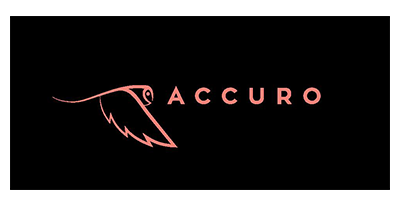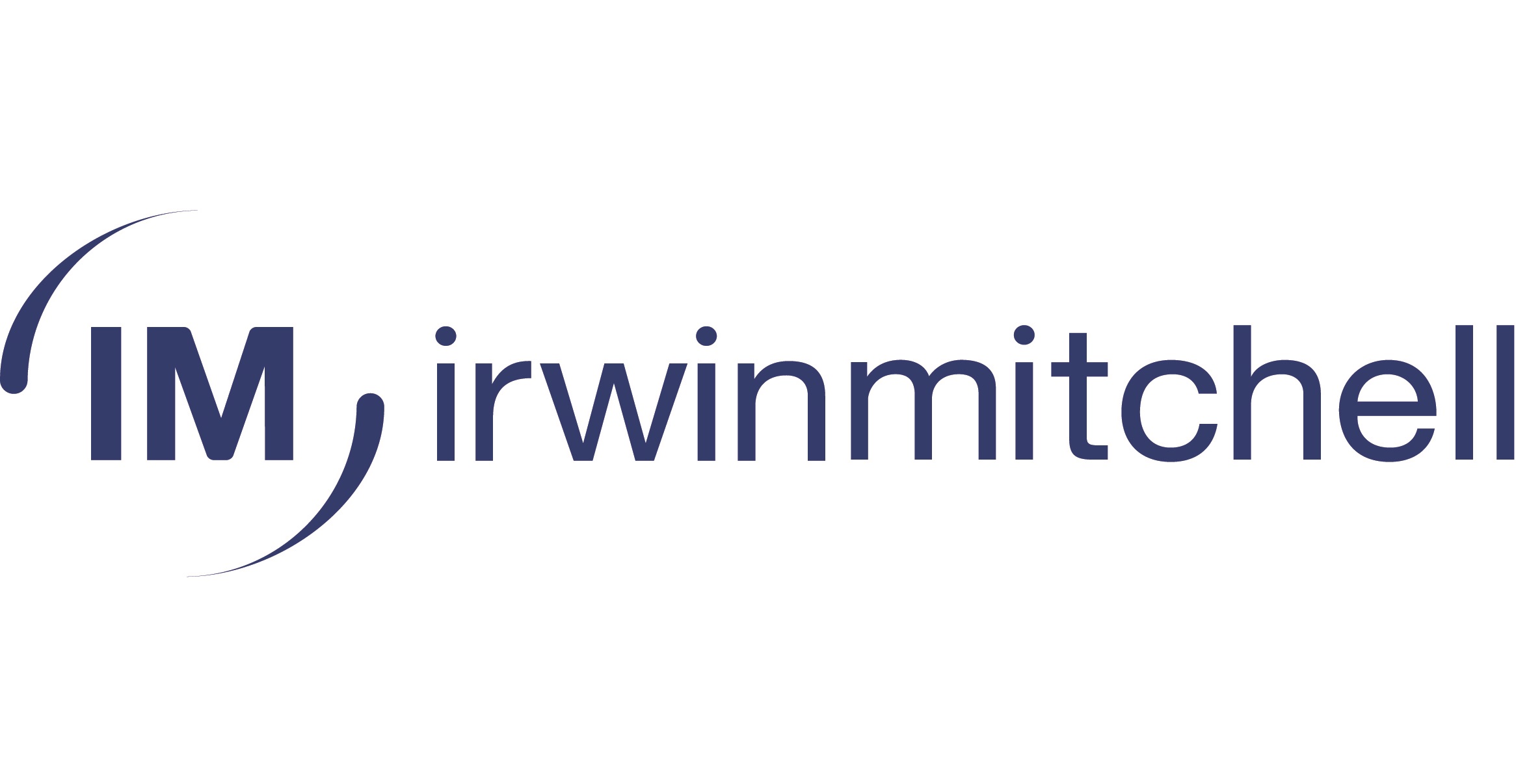Knowledge Hub
Join the Conversation!
Impartial and independent, ThoughtLeaders4 Private Client Knowledge Hub hosts cutting edge industry content and insight.
Email maddi@thoughtleaders4.com to submit content.
Succession planning and the PTC
Date: 18/03/2021 Type: Articles Community Partner Topic: Private Client | Trusts |The wealth management landscape has been evolving over recent years, with international developments such as Brexit, political and environmental challenges, regulatory change and digital advancements all playing their part. Then in March 2020, the coronavirus pandemic plunged the world into uncharted waters.
Investors and HNWIs have become more anxious during these volatile times and have begun to think about how best to protect their wealth as they face an uncertain future.
In these uncertain times, clients need a balance of trusted and experienced advisors handling their wealth and assets while retaining a degree of control and flexibility for the family, so they are not dependent on a complete stranger when the future is so changeable.
When establishing a trust, settlors use a professional trust company. This way, they can ensure that their wealth is in capable hands as their trustees are experienced professionals with expertise and familiarity gained over years of handling other trusts. However, given the current climate, settlors may be reticent to hand over full control to a stranger when things can change in an instant and they may need to respond rapidly to adapt their requirements. In these circumstances, a more appropriate solution could be using a Private Trust Company (PTC).
WHAT IS A PTC?
A PTC is an entity whose sole purpose is to act as a trustee in relation to a specific trust or trusts. Such entities do not provide trust services generally and it is a condition that they must not solicit business from the public at large.
USE OF A PTC
The most common use of a PTC is to act as trustee for a purpose trust or a discretionary trust which in turn can hold a variety of asset classes either directly or through underlying special purpose vehicles. This can include shares in a family company. Settlors of such trusts often wish to maintain some level of control of the assets themselves. A professional trustee will often be wary of allowing the settlor any level of control in normal circumstances. This is because failure to retain full control to manage and diversify assets will almost always be a breach of their duty as a trustee and could be criticised by the beneficial classes at some point in the future.
In the past, this has been resolved by placing express provisions in the trust deed which provides that the trustees shall hold the particular assets and removes all discretion on their part to deal with the investment. The alternative is to provide the settlor with reserved powers in the trust in connection with specific assets or investments but this is not always preferable with the settlor and can cause adverse tax issues.
The PTC provides a solution as the settlor retains ownership while benefitting from the trustees who have experience in administering trusts and can assist with running the PTC and the trust it administers. The PTC also allows other family members or trusted advisors to be appointed longside the settlor and professional trustees on its board.
ADVANTAGES AND DISADVANTAGES
For a settlor, the key advantage of establishing a PTC is the additional element of control which the PTC can provide. Control can particularly be an issue when the settlor is from a jurisdiction unfamiliar with the trust concept or lives overseas, which may make the settlor unwilling to give away total control of the assets to strangers in another jurisdiction, particularly in unpredictable times such as these.
With a PTC, the settlor and/or his or her family could be the shareholder(s) of a PTC and through that shareholding, they would be able to appoint and dismiss the PTC’s board of directors. Whilst this is an obvious disadvantage to the professional administrator, the control of the board of the PTC is often a welcome feature for settlors wishing to retain control.
However, if the settlor and/or his family were shareholders of the PTC, the potential tax consequences of that ownership would need to be fully investigated. Alternatively, it is common for the settlor to establish a purpose trust with its only purpose to hold the shares of the PTC. The settlor could have the added benefit of being the enforcer of the trust, enabling them to remove the directors of the PTC or the entire structure away from the professional trustee if required.
On a practical level, a PTC ensures more privacy in relation to the trusts and allows for rapid commercial decisions to be made. The annual costs can also be lower than they would be should a public trust company run the trusts. The PTC also does not compromise the validity of the trust structure and its residency for tax purposes and can provide immediate and long-term tax planning advantages.
The main disadvantage of a PTC can be the cost in establishing a PTC structure. In addition to the creation of the trust, a company must be incorporated. The cost would be further increased if a purpose trust was used to hold the PTC, although little activity is expected in the purpose trust.
As a result of the potential cost, PTCs are likely to only be attractive in a commercial context or for very large family structures. For the latter, the costs may be outweighed by the advantages of having a dedicated trustee to look after a complex structure and the control provided to the family.
JERSEY
Jersey is one of such jurisdictions that can provide PTCs. The PTC is not required to be licensed and regulated by the Jersey Financial Services Commission (JFSC), although certain provisions of the Law will still apply so as to enable the Commission to exercise a supervisory role despite the lack of registration. The stipulation is that the PTC must be administered by a Jersey licensed trust company and from a corporate governance perspective, it is common for one or two directors of the licensed trust company to be on the board of the directors of the PTC.
With worldwide uncertainty set to continue, Jersey’s PTC solutions demonstrate their commitment to protecting their clients’ wealth and offering a level of reassurance, certainty and forward-thinking to prepare for whatever the future brings.
Author
Claire Machin, Group Director, Head of Trusts and Private Wealth, Suntera Jersey
Our Private Client Corporate Partners

























